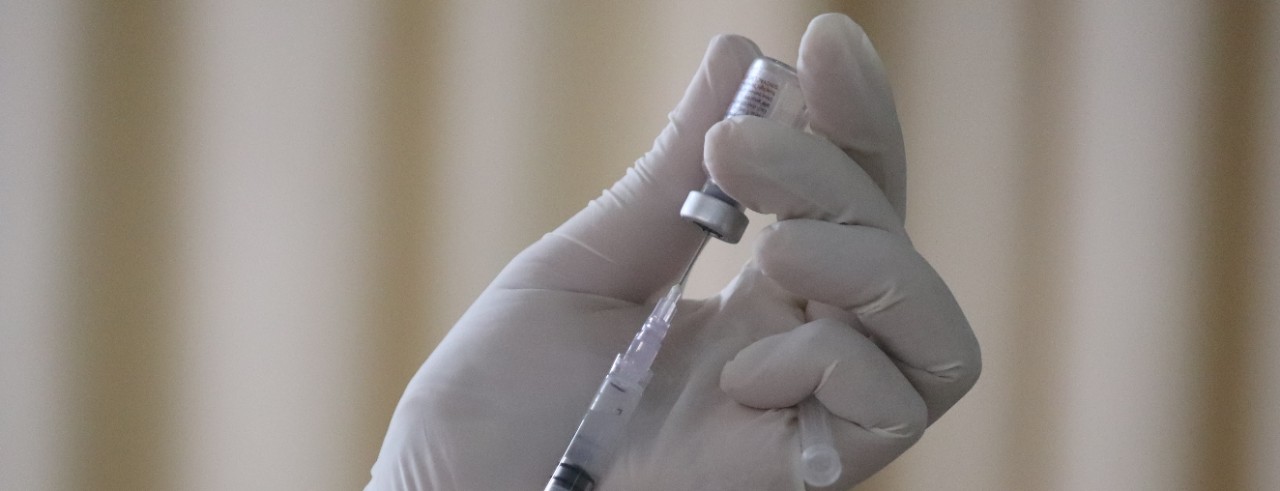
Law & Crime: Medical uses and dosages of fentanyl
A Columbus, Ohio doctor is facing 14 counts of murder after prosecutors alleged he used "unwarranted and unprecedented" doses of fentanyl and other drugs with his patients. The defense team for Dr. William Husel argues that his treatment orders were "aggressive," but provided comfort care to the patients.
Fentanyl has become a popular drug to manufacture illegally that has caused overdoses when mixed with other drugs, but it can have an appropriate medical usage in certain settings.
While not commenting directly on Husel's case, Dan Arendt, PhD, told Law & Crime Daily that every situation and every dosage of fentanyl is different depending on the individual patient and is scrutinized by a pharmacist filling the order.
"Fentanyl is really one of the things we think about where in the world of pharmacy we kind of have a phrase that death can be by the decimal, and it's really an acknowledgement of how the smallest differences in a dose with high-risk medications like fentanyl can make a huge, huge difference in terms of what type of impact it's going to have," said Arendt, assistant professor in the University of Cincinnati’s James L. Winkle College of Pharmacy and co-chair of the pain stewardship committee for UC Health.
Watch the Law & Crime Daily segment. (Note: Segment on Husel begins at 8:05 mark, with Arendt's comments beginning around 10:26 mark.)
Arendt also talked about medical fentanyl in a Simply Medicine interview on 55KRC radio. Listen to the interview. (Note: Segment begins around 22:45 mark.)
Featured photo at top courtesy of Unsplash.
Related Stories
OTR mural celebrates UC alumni success
April 4, 2025
The UC Alumni Association, UCAA, will mark its annual Alumni Celebration during its upcoming Alumni Week, April 7-13, with a community art project commemorating this year’s slate of alumni honorees receiving the organization’s top awards.
Study: Platform-predicted treatments improve outcomes for...
April 4, 2025
Results from a new Phase 3 trial published in the journal npj Precision Oncology found that an assay that includes an assessment of cancer stem cell sensitivity to chemotherapy can accurately decide more effective treatments and lead to increased outcomes for patients with platinum-resistant ovarian cancer.
Pediatrician celebrates 30th UC College of Medicine reunion with...
April 3, 2025
There’s a vital thread woven into the fabric of Chris Peltier’s life. It’s black and red, and it knits all things Bearcat together into a life that was transformed by the University of Cincinnati and the UC College of Medicine.
